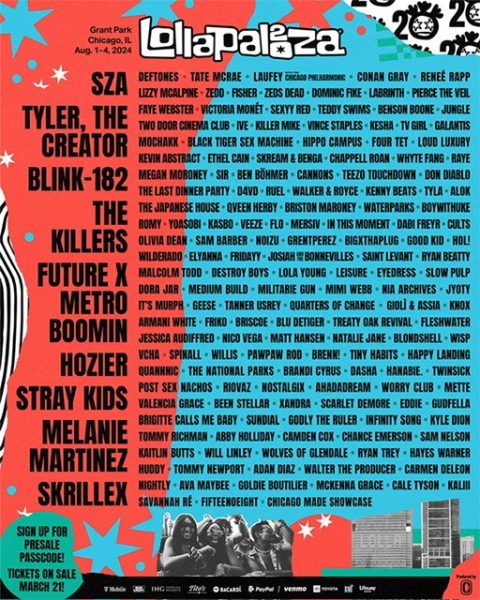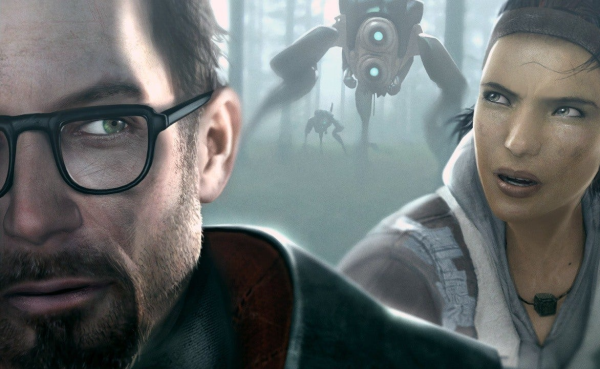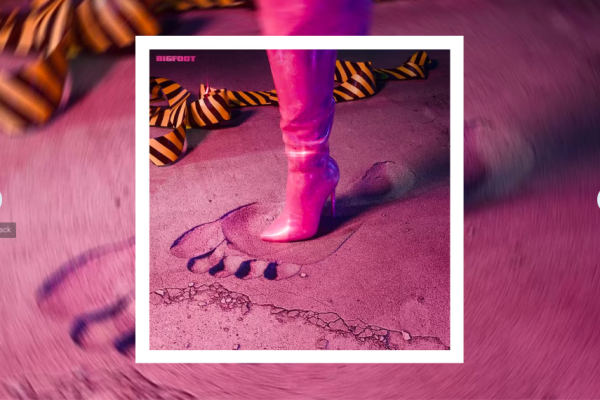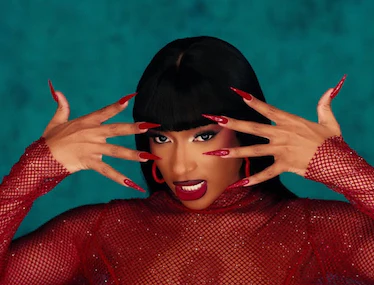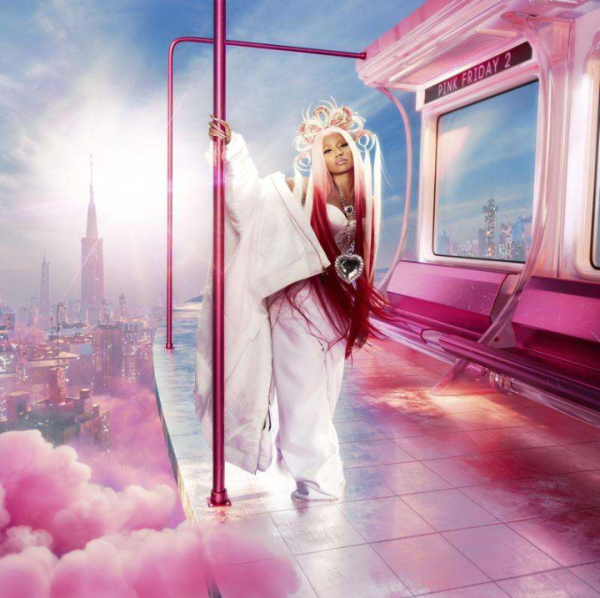Blade Runner 2049 review
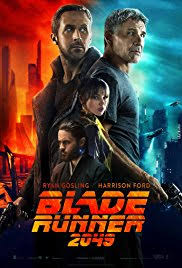
November 7, 2017
Blade Runner 2049 is the most profound film of our time. Its dense, cyberpunk concrete jungles entangle you in a consumer culture filled with brightly lit advertisements thrown against the harsh walls of the poverty ridden city. The film’s landscapes are manufactured beauties, and human existence is a blemish upon them, much like the dichotomy between the replicates, bioengineered androids used for menial labor, and their creators.
Blade Runner 2049 is oppressively dark. The score, composed by Hans Zimmer and Benjamin Wallfisch, perfectly complements the atmosphere. Those who have seen the original movie can appreciate the return of a visionary style of soundtrack, without it feeling like a cheap, one-off trick.
The story centers around K, a Blade Runner working with the LAPD, played by Ryan Gosling. Blade Runners are tasked with hunting down out-of-line replicants and ‘retiring’ them. K serves as the vessel to which the viewer explores the human condition and all of its various flaws. The film blurs the line between what we consider reality and how we cope with loss, all packaged up in a winding road of head spinning realizations. Every second I was prepared for more answers, but was given meaningful questions that could be reflected back on myself.
All of these things could not be complete without stunning visuals. Roger Deakins, cinematographer, has defined what greatness and talent means with this film. His vision has allowed such a bleak world to come alive and brings a new appreciation for beauty in a meaningless dystopia. Every scene is created with the utmost attention to detail and is sure to be highly regarded for years to come.
Blade Runner 2049 is a must see. Its profoundness is hard to describe in a mere review, and deserves to be experienced first-hand.



